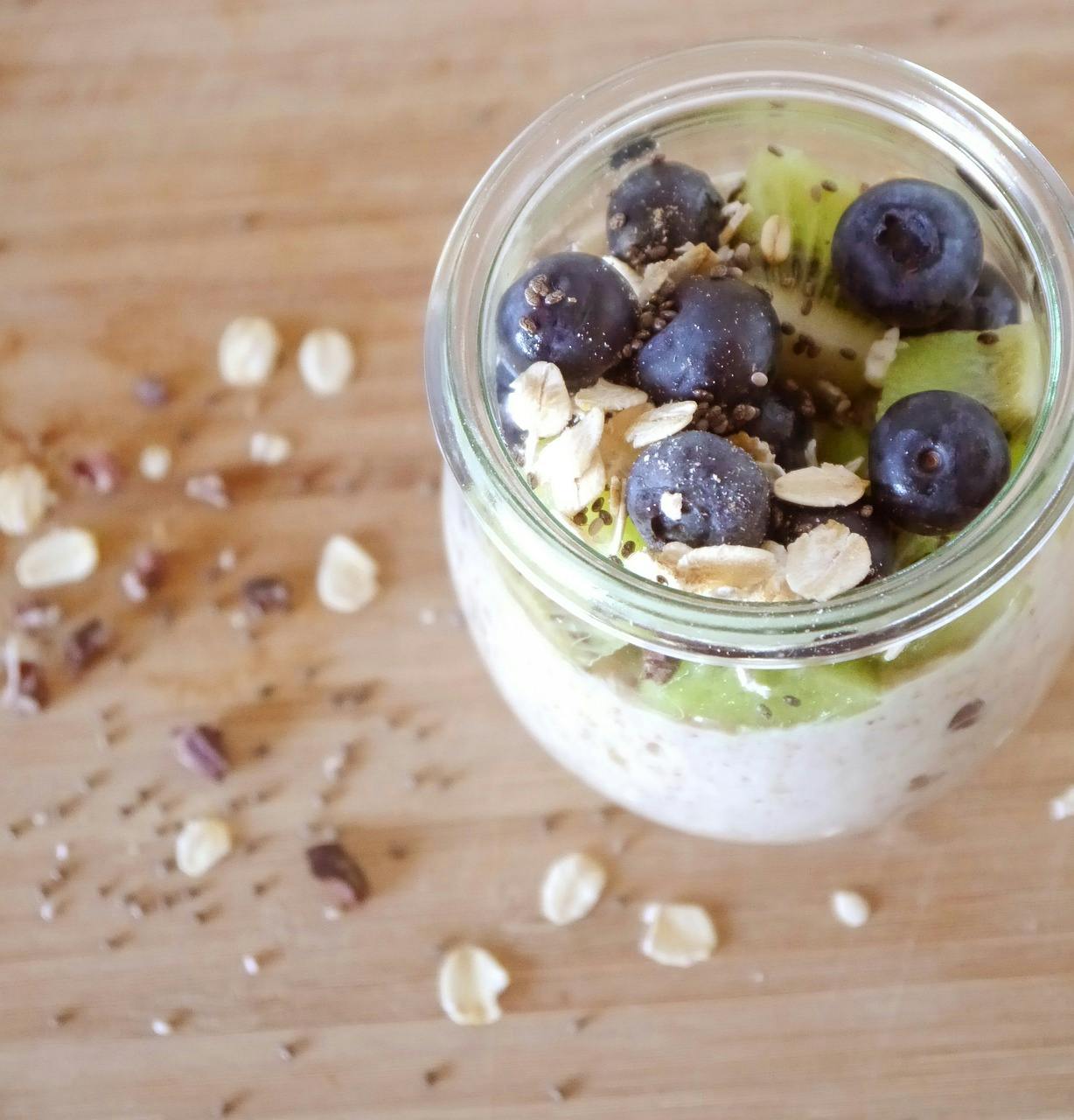What are the common ways to lose weight?
There’s no one-size-fits-all approach to losing weight, and what works for one person may not work for another. To achieve the results you want, you should consult a health practitioner. Across every case, however, are some standard methods to lose weight. Losing weight typically involves your food and diet, your exercise routine, and whether you subscribe to any kind of weight loss treatment.
Food and Diet
Several factors may influence the types and quantities of food you incorporate into your diets, such as age, gender, medical conditions, cultural considerations, access to dietary options, and financial circumstances. Despite these factors, you usually want to eat a balanced diet and avoid processed foods, alcohol, refined sugars, and carbs.
Generally, your caloric intake needs to be equal to the energy you use to maintain your weight. To lose weight, you need to use more energy than you consume.[1]
One popular method to support your weight loss journey is intermittent fasting, which can help regulate your calorie intake and boost your metabolism. If you’re curious about this approach, check out this article on 'How to Intermittent Fast for Weight Loss?'.
Exercise
Physical activity helps burn calories and can help create a caloric deficit that leads to weight loss.
With exercise, you can start small with easy-to-do routines before making more significant commitments to an exercise routine with a gym or personal trainer. You should aim for exercise to become a routine part of a healthy lifestyle on most, if not all, of the days of the week. It could start with something as simple as taking the stairs instead of the lift or walking to places more often.
Evidence-based Treatments
You may have difficulty finding an evidence-based treatment if you are looking for answers to ‘how to lose 10 kilograms of weight fast in 2 weeks’. If you’re unsure what to do first in your weight loss program, you can fill out our short online questionnaire, and one of our Moshy health practitioners will provide you with personalised advice. Your health practitioner may recommend evidence-based plans, such as medical weight loss treatment or weight loss programs if necessary.

What is the average 2-week weight loss?
An average male can lose about 1 to 2 kilograms in 2 weeks if they reduce their daily energy intake by 500 to 600 calories.[2] However, several factors can influence weight loss for each person. For example, depending on your body weight, you can lose more or less weight over the same two-week period.
It is not advisable to aim to lose 10 kilograms in 2 weeks. If you have ever thought about making rapid or drastic weight changes, we highly encourage you to speak to your health practitioner beforehand. Undergoing weight loss if you have any health risks or conditions could negatively impact your health if done improperly.
At Moshy, our MCNZ-Registered doctors and health practitioners review everything you tell us when deliberating about your health and your desired goals. From the online questionnaire you fill out to a review of your medical history, we are committed to ensuring that you receive the quality service you deserve.
How long does it usually take to lose 10 kilos?
Depending on several factors, the time it takes to lose 10 kilos varies for each person. If you want to lose weight through conventional hypocaloric (calorie deficit) diets, where you cut out about 500 to 600 calories each day, it could take anywhere from three to six months to lose 10 kilos.
Ideally, you should set realistic weight loss goals for yourself. A weight loss of 5 to 10 per cent of your body weight may already lead to health benefits.[3] To achieve this, there are different methods you could employ to try to lose 10 kilograms of weight over a more reasonable period. However, if you want to receive recommendations tailored to your specific physical requirements and desired results, consulting a health practitioner is preferred.
At Moshy, our health practitioners can help you adjust the objectives of your weight loss journey according to what your body needs. We achieve this through our quality service and products, which ensure you can stay focused on achieving your desired body.
Instead of worrying about how to lose 10 kilograms of weight fast in 2 weeks, let our Moshy health practitioners help you understand ‘how to lose body fat’ or answer ‘How many calories a day to lose weight?’ today.

